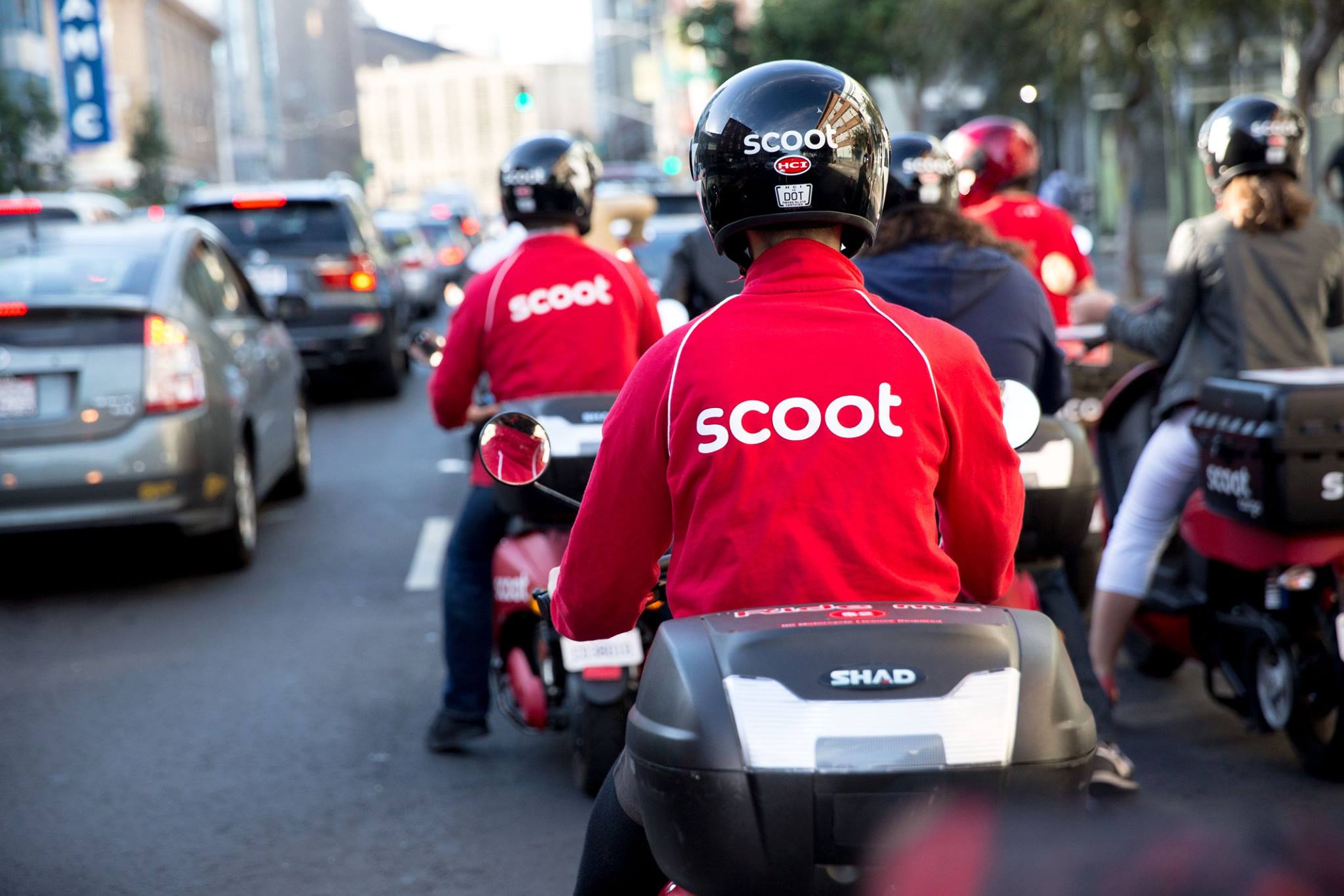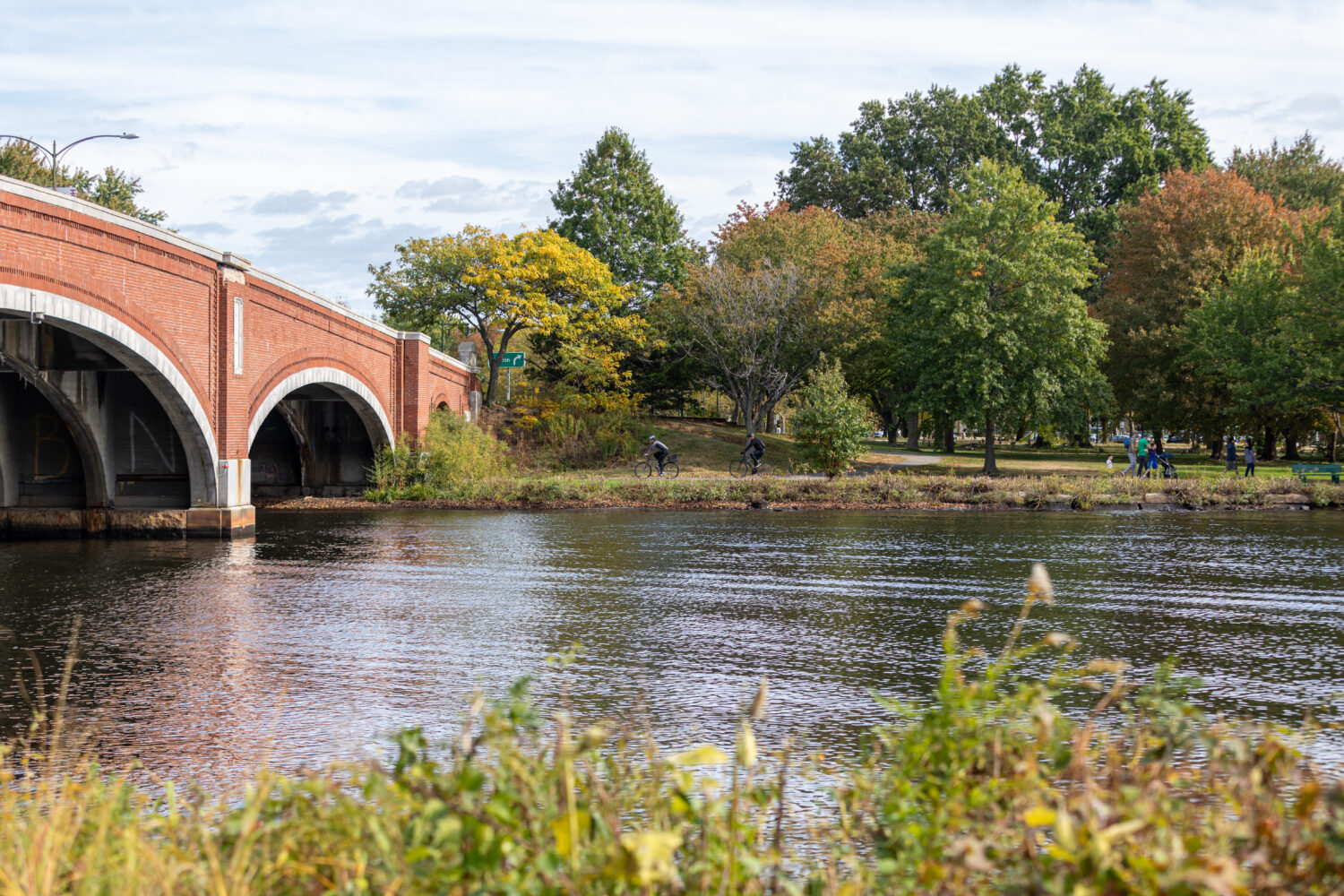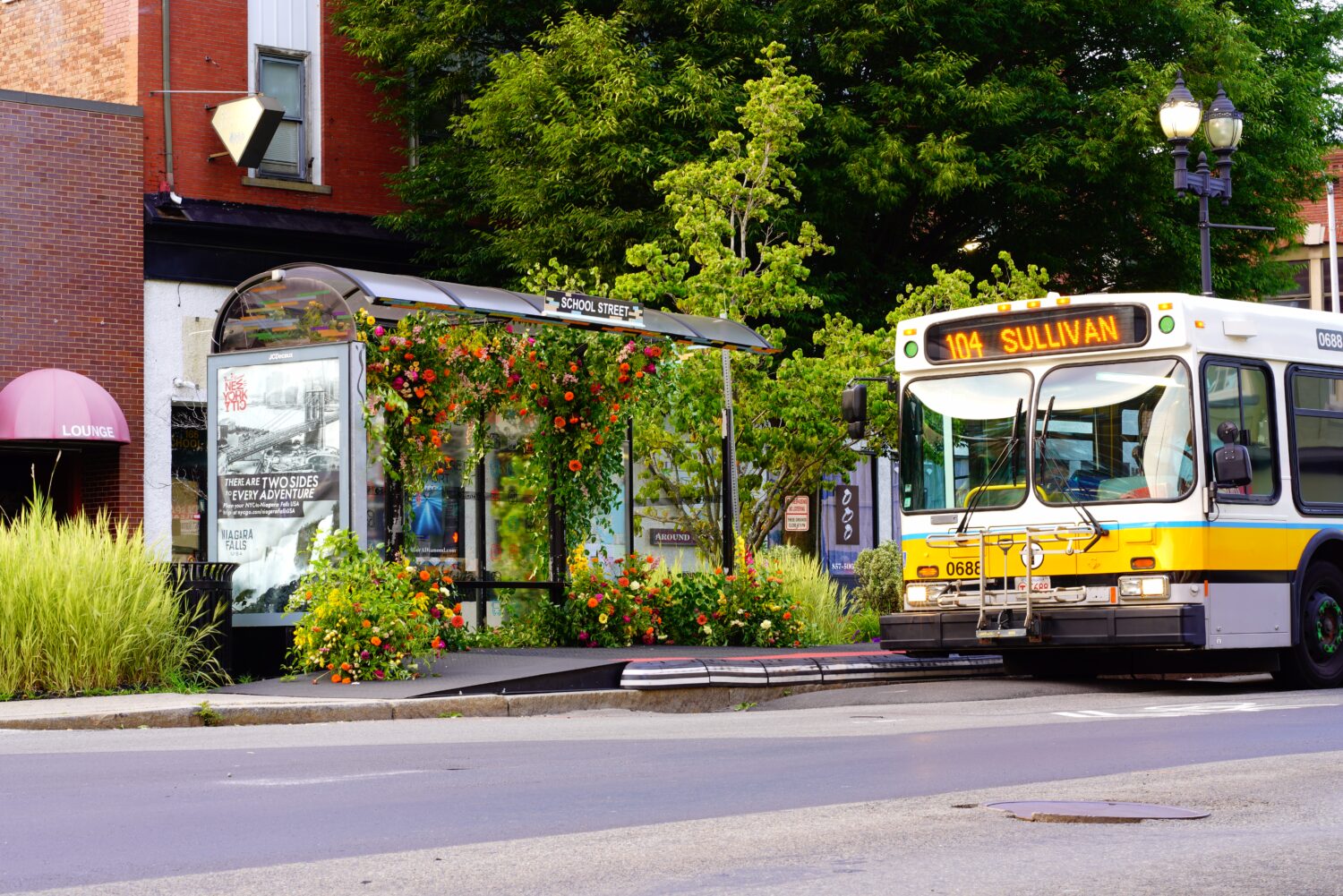Last month, I traveled to California and got a peek into the future of transportation. Thanks to support from the Barr Foundation, I joined a group from Boston and heard a great mash-up of ideas at the Meeting of the Minds international gathering, then toured the innovation labs of Nissan and Ford in Silicon Valley. Here are my three biggest takeaways from the trip:
Start-ups are disrupting mobility
In Greater Boston, we’re starting to experience rapid changes in how we get around as the private sector puts more and more transportation services on the market and apps on our smartphones. Uber is disrupting the traditional taxi industry. Bridj uses real-time information to continually adapt its transit routes to where people are and where they want to go.Hubway is steadily growing its service area, allowing more and more people to hop on bikes to cross town. Zipcar is reducing the need for people to own cars in the city.
On top of these innovations, smartphone apps are empowering all of us with information. Waze crowdsources information about traffic, helping us avoid it. ProximiT provides real-time information about Orange, Red, and Blue line trains. RideScout aggregates information about travel options, including transit, walking and Uber, to point us to the fastest way to get places.
Auto companies want to be a key part of mobility, climate solutions
As entrepreneurs and start-ups are disrupting transportation, legacy car companies are also innovating, trying to transform themselves from auto manufacturers to mobility-service companies. The reason? Top management keeps a close eye on global trends, and it doesn’t look good for the traditional car.
One Meeting of the Minds speaker from our neck of the woods, Mac McCarthy of the Lincoln Institute of Land Policy, predicts that today’s three billion people who live in cities will almost double to 5.5 billion within 30 years. There’s just not enough physical space for all those people to use cars. Nissan’s innovation team agrees, and sees congestion and pollution as opportunities for Nissan to reshape its business model.
The car industry is at a turning point, and in order to remain competitive, it needs to evolve from making products to providing services. At Ford’s lab, Stanford grads abound. They are hard at work making bicycles smarter so that cyclists can push a button to report potholes and cars parked in bike lanes. With its business partner, Scoot, Nissan just launched a pilot motorcycle sharing program (modeled after successful bikeshare programs) in hilly San Francisco.
What’s clear is that start-ups and legacy companies alike want to be part of solving our transportation and climate challenges. Car manufacturers will continue to make cars, of course, and will make them smarter and cleaner. But they are also thinking bigger and starting to see themselves as part of creating zero-fatality and zero-emissions smart cities. Mission-driven Zipcar, for example, aims to “enable simple and responsible urban living.”
Collaboration is in our future
After hearing from entrepreneurs, bankers, and auto companies at Meeting of the Minds, it’s clear that the private sector is forging new solutions to the planet’s transportation challenges, and is willing and enthusiastic about linking arms with social entrepreneurs and mission-driven organizations to reduce transportation-related pollution.Our statewide coalition, Transportation for Massachusetts, is exploring how private-sector innovations can advance climate-friendly and affordable, accessible transportation for people of low-income and of color. With the Alliance for Business Leadership and MassChallenge, we hosted a mash-up of our own this month (photo below), bringing together entrepreneurs, businesses, government officials, and community leaders to identify opportunities to work together to support technologies and services that can reshape transportation for the better.

This was the first of many conversations in Boston about how we can all work together to enhance mobility and transportation choices through innovation.Stay tuned to hear more about our collaborative work with start-ups and legacy companies!




